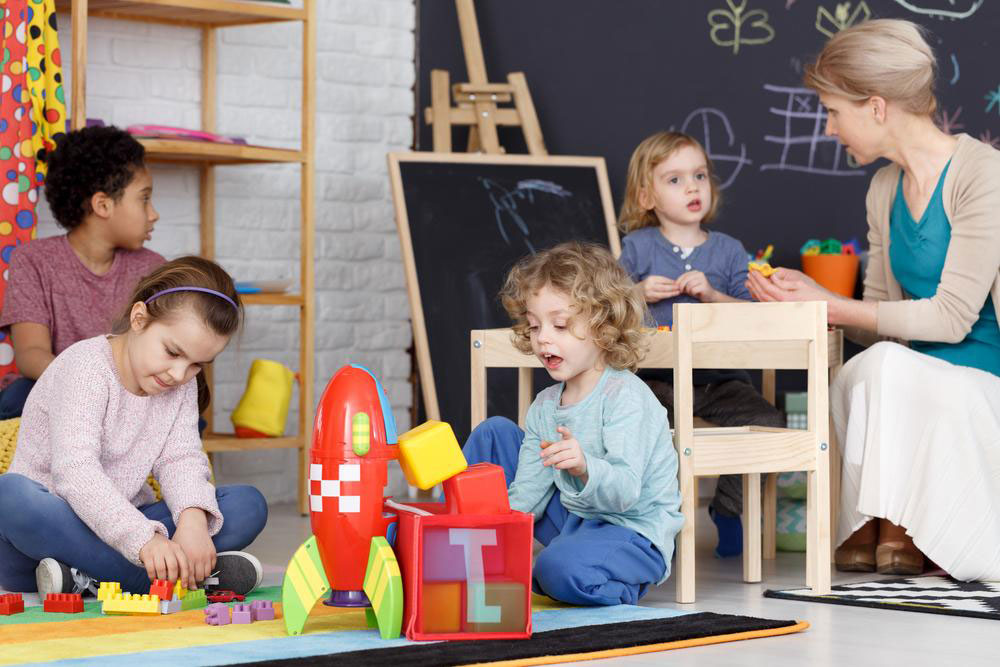Comprehensive Guide to Maximizing the Benefits of Free Preschool Worksheets
Discover effective strategies for using free preschool worksheets to enhance early childhood education. Learn how to select age-appropriate resources, combine worksheets with hands-on activities, and create a balanced learning environment that fosters curiosity, skill development, and confidence in young learners.

Comprehensive Guide to Maximizing the Benefits of Free Preschool Worksheets
Early childhood education plays a crucial role in shaping a child's future academic success and overall development. As parents and educators seek effective methods to prepare preschoolers for elementary school, the use of educational resources such as free downloadable and printable worksheets has gained popularity. These resources can be powerful tools when used correctly, but understanding how to incorporate them effectively requires knowledge and strategy. This comprehensive guide explores the advantages and potential limitations of preschool worksheets and provides practical advice on selecting, integrating, and utilizing these materials to foster engaging and meaningful learning experiences for young children.
The Importance of Supplementing Worksheets with Hands-On Activities
One of the key principles in early childhood education is that children learn best through active, hands-on experiences. While worksheets can help reinforce concepts, relying solely on paper-based activities can lead to boredom and diminished motivation. To create a well-rounded learning environment, parents should blend worksheets with tactile activities such as building blocks, drawing, sorting objects, and engaging in role-playing. These activities help solidify abstract concepts by linking them to real-world experiences, making learning more tangible and memorable. For example, a worksheet on counting can be reinforced with practical activities like counting objects during playtime or cooking together. When worksheets serve as part of a diverse instructional approach, they effectively support experiential learning and keep children motivated and interested.Using Worksheets as Effective Practice Tools
It's important to recognize that preschool worksheets are primarily practice aids rather than teaching devices. Their purpose is to provide children with opportunities for repetition, reinforcement, and assessment of skills introduced through direct instruction or interactive activities. For instance, after demonstrating how to write the alphabet, parents can assign simple handwritten practice sheets to help children develop fine motor skills and letter recognition. These exercises also allow caregivers to observe children's progress, identify areas needing additional attention, and tailor instruction accordingly. When used thoughtfully, worksheets enhance learning as a supplementary resource, supporting mastery without replacing active teaching, storytelling, or discussion. This balance ensures that children remain engaged and that their learning is both effective and enjoyable.Choosing Age-Appropriate and Skill-Targeted Worksheets
With the vast range of free preschool worksheets available online, selecting suitable materials can be challenging. The key is to match worksheets with the child's developmental stage and individual learning needs. Begin with simple, straightforward exercises that align with your child's current abilities—such as basic shapes, colors, or number recognition—and gradually progress to more complex tasks. Sorting worksheets by age or skill level simplifies the process and helps avoid frustration or disinterest. Consistently providing appropriately challenging activities boosts confidence and promotes continuous growth. Additionally, incorporating a variety of formats—visual, auditory, and kinesthetic—addresses different learning styles, keeping children engaged and encouraging multiple pathways to understanding.Creating a Balanced Early Learning Environment
Parents and educators can craft a well-rounded early learning environment by thoughtfully blending worksheets with playful, hands-on activities and meaningful conversations. Recognizing the benefits and limitations of worksheets empowers caregivers to use them strategically, ensuring that children are actively engaged and motivated. Through a combination of targeted practice, experiential learning, and developmentally appropriate resources, young learners can develop foundational skills in literacy, numeracy, and cognitive domains efficiently. This balanced approach not only enhances skill acquisition but also nurtures a child's natural curiosity and love for learning.In conclusion, free preschool worksheets are valuable educational tools when applied appropriately. By understanding how to select suitable resources, integrate them thoughtfully into daily routines, and complement them with engaging activities, parents can foster an enriching early learning environment. The goal is to support children's emerging skills while making learning enjoyable and relevant, setting a solid foundation for their future educational journey.





